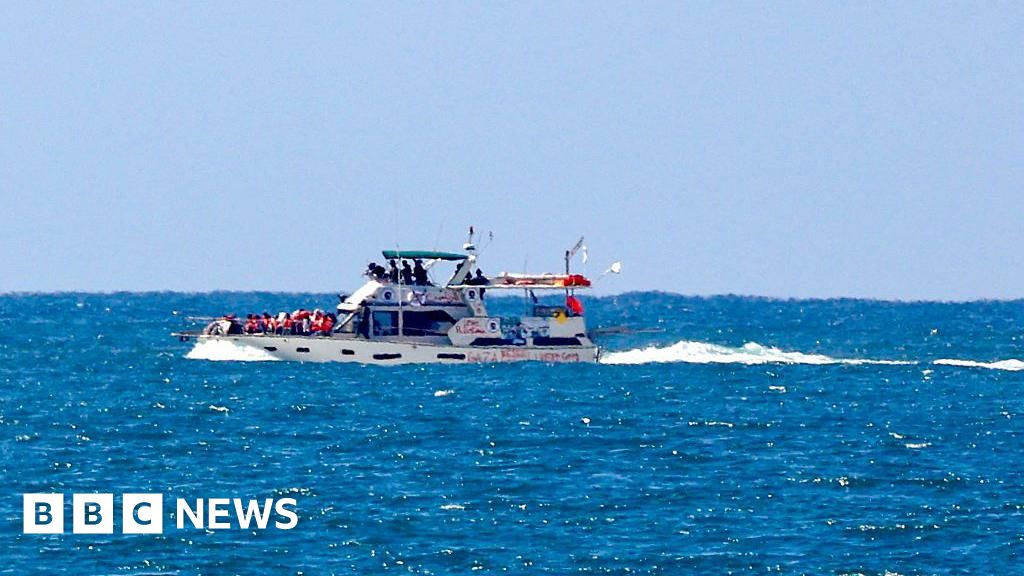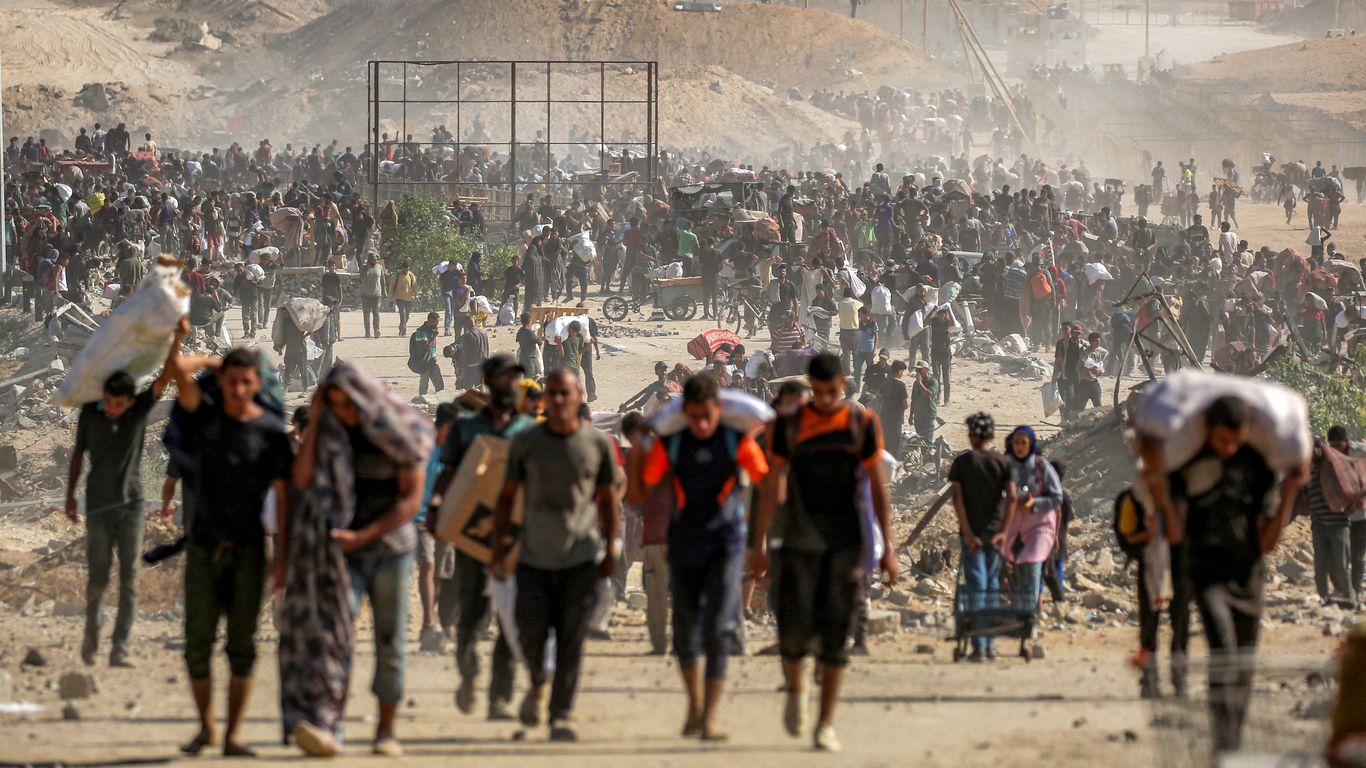Israel Deports Greta Thunberg and Gaza Flotilla Activists

Israel Deports Greta Thunberg and Gaza Flotilla Activists
Israeli authorities have deported Greta Thunberg along with 170 other activists after intercepting their flotilla attempting to breach the naval blockade of Gaza. The group aimed to deliver humanitarian aid to the region, which faces severe restrictions due to ongoing conflict. The interception occurred last week, resulting in the detention of all aboard the boats.
Details of the Interception and Detention
According to reports, several deported activists have alleged mistreatment during their detention, claims that Israeli officials have categorically denied. The flotilla's mission was part of a broader international effort to raise awareness about the humanitarian situation in Gaza, highlighting the restrictions imposed by the blockade. The deportations reflect Israel’s firm stance on maintaining control over access to Gaza’s coastline.
Wider Implications
This incident underscores the ongoing tension surrounding Gaza and the international activism it provokes. The event has sparked debate over the legality and morality of the blockade and the limits of peaceful protest. The deportation of high-profile activists like Thunberg has drawn significant media attention globally, amplifying calls for renewed dialogue and humanitarian access.
About the People Mentioned
Greta Thunberg
Greta Tintin Eleonora Ernman Thunberg, born January 3, 2003, in Stockholm, Sweden, is a Swedish environmental activist renowned for her leadership in the global movement to combat climate change. She rose to international prominence in 2018 when, at age 15, she began striking from school every Friday to protest outside the Swedish Parliament, demanding stronger climate action. This initiative sparked the worldwide "Fridays for Future" movement, inspiring millions of young people to engage in climate activism globally. Thunberg’s activism focuses on urging governments and leaders to take urgent and meaningful steps to reduce carbon emissions and adhere strictly to the Paris Agreement goals. Her direct and science-based approach has made her a prominent figure addressing international forums, including the United Nations. She has been nominated for the Nobel Peace Prize consecutively from 2019 to 2023. Raised in an artistic family—her mother is opera singer Malena Ernman and her father actor Svante Thunberg—Greta was diagnosed with Asperger syndrome, an autism spectrum disorder, which she has described as her "superpower" for its role in her focused activism. From a young age, she adopted a vegan lifestyle and sought to reduce her carbon footprint by influencing her family’s choices, such as avoiding air travel. Beyond climate change, Thunberg has expanded her advocacy to include human rights and global justice issues, voicing support for causes like Ukraine and Palestine. In 2025, she participated in humanitarian efforts, including joining flotillas to the Gaza Strip. Thunberg’s influence, often called the "Greta effect," has significantly shaped public discourse on climate change and youth engagement worldwide, earning her numerous honors including Time magazine’s Person of the Year in 2019[1][3][4][6].













